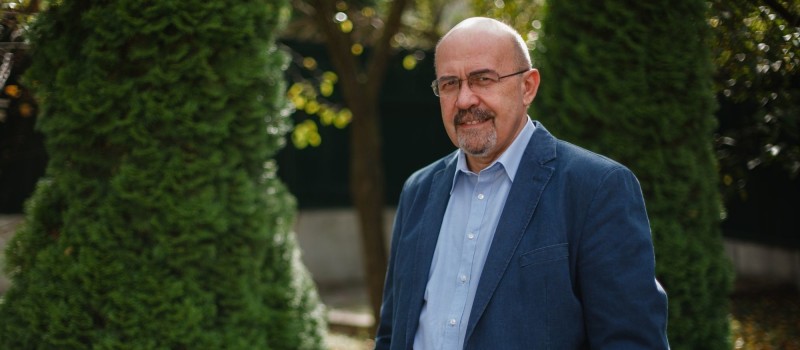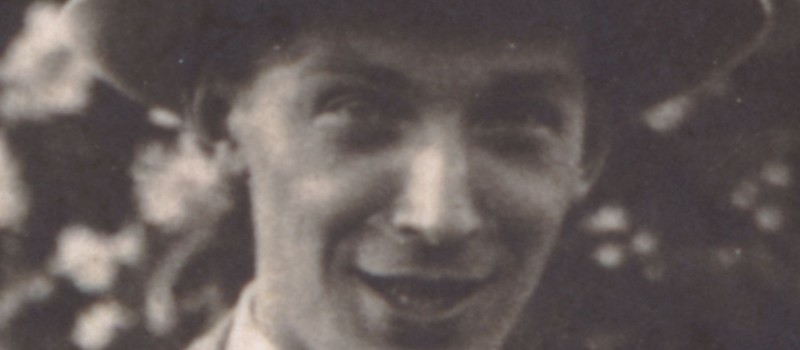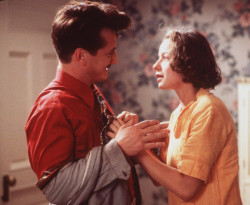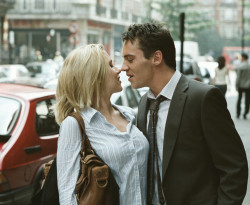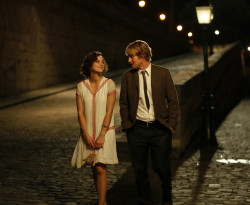Jenő Dsida
- Poetry Recitals at Müpa Budapest
Ticket prices
Jenő Dsida is an eastern brother to his western counterparts. The rhythm of his poetry, his countless variations of rhymes, the forms and shapes of his prose, his virtuoso writing style and an informed approach to world literature all tie him to the traditions of the Hungarian journal Nyugat (West). Yet the publication never published a single poem from Dsida, and his passing received only a frosty farewell piece from Antal Szerb.
The production's cooperating partner is the József Katona Theatre.
Presented by: Müpa Budapest
Featuring:
-
pianoMáté Pozsár
-
actorsAlexandra Borbély, Zoltán Rajkai, Bence Tasnádi
-
celloAlbert Márkos
Creators:
-
Programme compiled byBéla Markó
-
directorGábor Máté
Parking information
We wish to inform you that in the event that Müpa Budapest's underground garage and outdoor car park are operating at full capacity, it is advisable to plan for increased waiting times when you arrive. In order to avoid this, we recommend that you depart for our events in time, so that you you can find the ideal parking spot quickly and smoothly and arrive for our performance in comfort. The Müpa Budapest underground garage gates will be operated by an automatic number plate recognition system. Parking is free of charge for visitors with tickets to any of our paid performances on that given day. The detailed parking policy of Müpa Budapest is available here.
Safe ticket purchase
Dear Visitors, please note that only tickets purchased from the Müpa website and official ticket offices are guaranteed to be valid. To avoid possible inconvenience, we suggest buying tickets to our performances and concerts via the mupa.hu website, the Interticket national network (jegy.hu) or at our official ticket offices.

